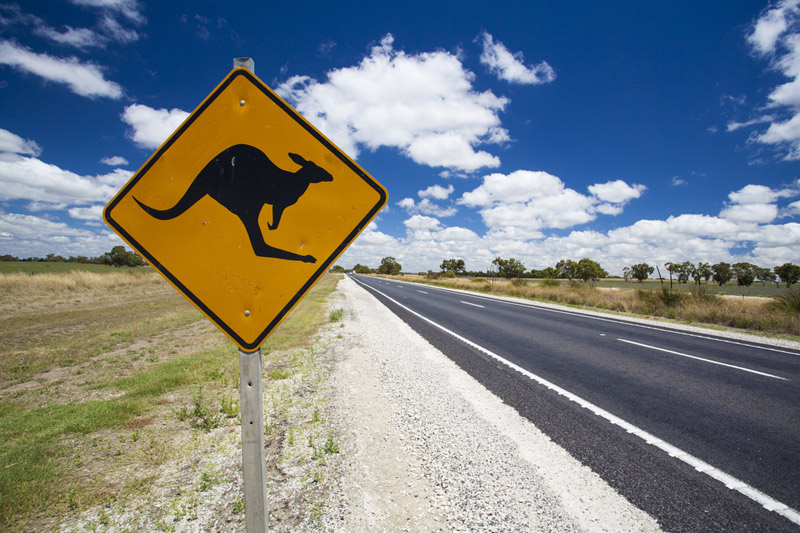By Ben Weir
SYDNEY, March 8 (Reuters) - Climate change was responsible for breaking more than 200 Australian weather records over the past three months, researchers said on Wednesday, a glimpse of conditions to come that will likely threaten energy security and agriculture.
Much of Australia's east coast endured its hottest summer on record, the independent Climate Council said, while torrential rain in Western Australia caused flash flooding.
The sort of unseasonable conditions seen between Dec. 1 and Feb. 28 would likely be recurring regularly in future, the council said.
"I would say by 2025 or 2030, the odds are we will see another hot summer record set in Sydney and in other places," said Will Steffen, professor of environmental studies, Australian National University and lead author of the Climate Council report.
The expected climate will strain the country's energy sector, the council said, threatening yet more blackouts.
Australia saw several power outages in different parts of he country after temperatures soared regularly above 40 Celsius (103 Fahrenheit), with demand for air-conditioning strained supplies. changing climate also threatens one of the main pillars of its economy, with agricultural production vunerable.
"A really bad year can just demolish crop yields," said Phin Ziebell, agribusiness economist, at the National Australia Bank.
Australia exported a record A$50 billion ($37.98 billion)worth of agricultural produce last year, government data shows, which helped soften the blow of a slowdown in its dominant mining sector.
The Climate Council report comes days after another independent report warned the impact of climate change had caused permanent damage to Australia's environment.
Australian scientists said recently mass coral bleaching, caused by climate change, has destroyed at least 35 percent of the northern and central Great Barrier Reef. (Writing by Colin Packham; Editing by Robert Birsel)
